Instruction
The Wedge Guy: Top 7 short game mistakes
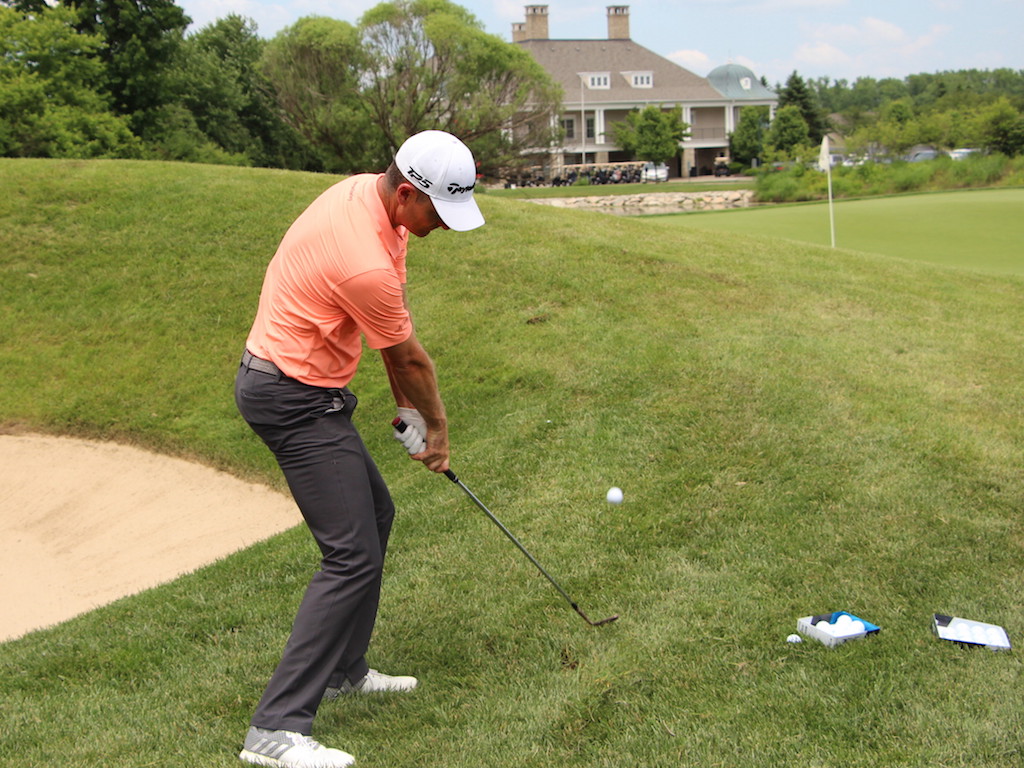
I’ve written hundreds of articles as “The Wedge Guy” and answered thousands of emails in my 30 years of focused wedge design. So, I thought I’d compile a list of what I believe are the most common mistakes golfers make around the greens that prevent them from optimizing their scoring.
So here goes, not in any particular order.
Tempo
Probably the most common error I see is a tempo that is too quick and “jabby”. That likely comes from the misunderstood and overdone advice “accelerate through the ball.” I like to compare playing a golf hole to painting a room, and your short shots are your “trim brushes”. They determine how the finished work turns out, and a slower stroke delivers more precision as you get closer to the green and hole.
Set Up/Posture
To hit good chips and pitches, you need to “get down”. Get closer to your work for better precision. Too many golfers I see stand up too tall and grip the club to the end. And having your weight favored to the lead foot almost guarantees a proper strike.
Grip Pressure
A very light grip on the club is essential to good touch and a proper release through the impact zone. Trust me, you cannot hold a golf club too lightly – your body won’t let you. Concentrate on your forearms; if you can feel any tenseness in the muscles in your forearms, you are holding on too tightly.
Hand position
Watch the tour players hit short shots on TV. Their arms are hanging naturally from their shoulders so that their hands are very close to their upper thighs at address and through impact. Copy that and your short game will improve dramatically.
Lack of Body Core Rotation
When you are hitting short shots, the hands and arms have to begin and stay in front of the torso throughout the swing. If you don’t rotate your chest and shoulders back and through, you won’t develop good consistency in distance or contact.
Club selection
I see two major errors here. Some golfers always grab the sand or lob wedge when they miss a green. If you have lots of green to work with and don’t need that loft, a PW or 9-iron will give you much better results. The other error is seen in those golfers who are “afraid” of their wedge and are trying to hit tough recoveries with 8- and 9-irons. That doesn’t work either. Go to your practice green and see what happens with different clubs when given the same swing . . . then take that knowledge to the course.
Clubhead/grip relationship
This error falls into two categories. The first is those golfers who forward press so much that they dramatically change the loft of the club. At address and impact the grip should be slightly ahead of the clubhead. I like to focus on the hands, rather than the club, and just think of my left hand leading my right through impact. Which brings me to the other error – allowing the clubhead to pass the hands through impact. If you let the clubhead do that, good shots just cannot happen. And that is caused by you trying to “hit” the ball with the clubface, rather than swinging the entire club through impact.
So, there are my top 7. There are obviously others, but if you spend just a bit of time working on these, your short game will get better in a hurry.
- LIKE506
- LEGIT64
- WOW23
- LOL13
- IDHT8
- FLOP11
- OB6
- SHANK29
Instruction
Clement: Laid-off or perfect fade? Across-the-line or perfect draw?

Some call the image on the left laid off, but if you are hitting a fade, this could be a perfect backswing for it! Same for across the line for a draw! Stop racking your brain with perceived mistakes and simply match backswing to shot shape!
- LIKE0
- LEGIT0
- WOW0
- LOL0
- IDHT0
- FLOP0
- OB0
- SHANK1
Instruction
The Wedge Guy: The easiest-to-learn golf basic
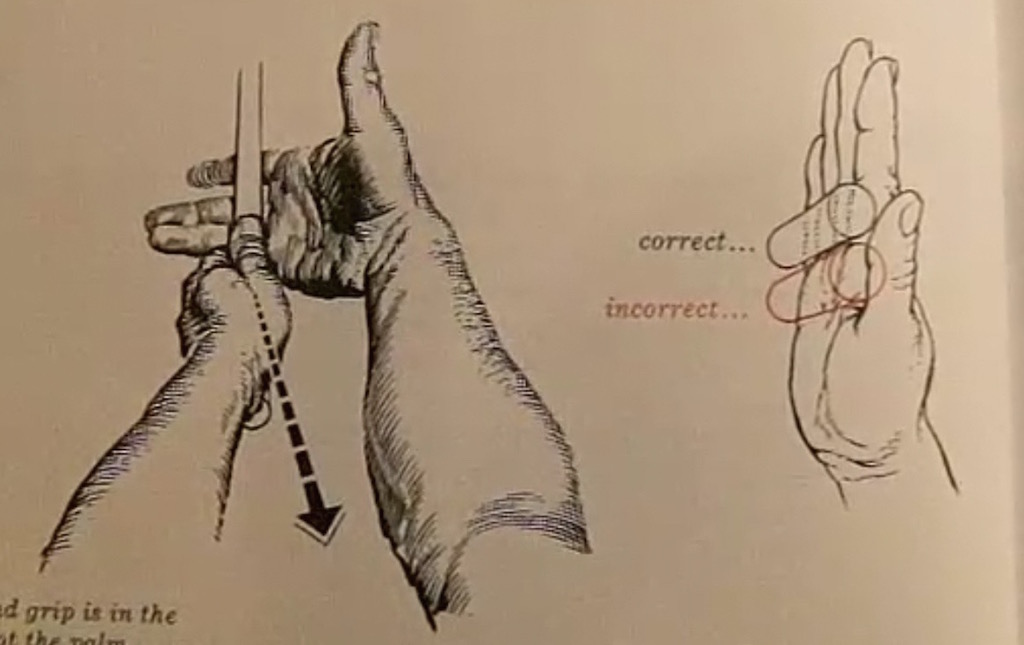
My golf learning began with this simple fact – if you don’t have a fundamentally sound hold on the golf club, it is practically impossible for your body to execute a fundamentally sound golf swing. I’m still a big believer that the golf swing is much easier to execute if you begin with the proper hold on the club.
As you might imagine, I come into contact with hundreds of golfers of all skill levels. And it is very rare to see a good player with a bad hold on the golf club. There are some exceptions, for sure, but they are very few and very far between, and they typically have beat so many balls with their poor grip that they’ve found a way to work around it.
The reality of biophysics is that the body moves only in certain ways – and the particulars of the way you hold the golf club can totally prevent a sound swing motion that allows the club to release properly through the impact zone. The wonderful thing is that anyone can learn how to put a fundamentally sound hold on the golf club, and you can practice it anywhere your hands are not otherwise engaged, like watching TV or just sitting and relaxing.
Whether you prefer an overlap, interlock or full-finger (not baseball!) grip on the club, the same fundamentals apply. Here are the major grip faults I see most often, in the order of the frequency:
Mis-aligned hands
By this I mean that the palms of the two hands are not parallel to each other. Too many golfers have a weak left hand and strong right, or vice versa. The easiest way to learn how to hold the club with your palms aligned properly is to grip a plain wooden ruler or yardstick. It forces the hands to align properly and shows you how that feels. If you grip and re-grip a yardstick several times, then grip a club, you’ll see that the learning curve is almost immediate.
The position of the grip in the upper/left hand
I also observe many golfers who have the butt of the grip too far into the heel pad of the upper hand (the left hand for right-handed players). It’s amazing how much easier it is to release the club through the ball if even 1/4-1/2″ of the butt is beyond the left heel pad. Try this yourself to see what I mean. Swing the club freely with just your left hand and notice the difference in its release from when you hold it at the end of the grip, versus gripping down even a half inch.
To help you really understand how this works, go to the range and hit shots with your five-iron gripped down a full inch to make the club the same length as your seven-iron. You will probably see an amazing shot shape difference, and likely not see as much distance loss as you would expect.
Too much lower (right) hand on the club
It seems like almost all golfers of 8-10 handicap or higher have the club too far into the palm of the lower hand, because that feels “good” if you are trying to control the path of the clubhead to the ball. But the golf swing is not an effort to hit at the ball – it is a swing of the club. The proper hold on the club has the grip underneath the pad at the base of the fingers. This will likely feel “weak” to you — like you cannot control the club like that. EXACTLY. You should not be trying to control the club with your lower/master hand.
Gripping too tightly
Nearly all golfers hold the club too tightly, which tenses up the forearms and prevents a proper release of the club through impact. In order for the club to move back and through properly, you must feel that the club is controlled by the last three fingers of the upper hand, and the middle two fingers of the lower hand. If you engage your thumbs and forefingers in “holding” the club, the result will almost always be a grip that is too tight. Try this for yourself. Hold the club in your upper hand only, and squeeze firmly with just the last three fingers, with the forefinger and thumb off the club entirely. You have good control, but your forearms are not tense. Then begin to squeeze down with your thumb and forefinger and observe the tensing of the entire forearm. This is the way we are made, so the key to preventing tenseness in the arms is to hold the club very lightly with the “pinchers” — the thumbs and forefingers.
So, those are what I believe are the four fundamentals of a good grip. Anyone can learn them in their home or office very quickly. There is no easier way to improve your ball striking consistency and add distance than giving more attention to the way you hold the golf club.
More from the Wedge Guy
- The Wedge Guy: Golf mastery begins with your wedge game
- The Wedge Guy: Why golf is 20 times harder than brain surgery
- The Wedge Guy: Musings on the golf ball rollback
- LIKE86
- LEGIT13
- WOW6
- LOL1
- IDHT0
- FLOP4
- OB1
- SHANK8
Instruction
Clement: Stop ripping off your swing with this drill!

Not the dreaded headcover under the armpit drill! As if your body is defective and can’t function by itself! Have you seen how incredible the human machine is with all the incredible feats of agility all kinds of athletes are accomplishing? You think your body is so defective (the good Lord is laughing his head off at you) that it needs a headcover tucked under the armpit so you can swing like T-Rex?
- LIKE0
- LEGIT2
- WOW2
- LOL0
- IDHT0
- FLOP0
- OB0
- SHANK2
-

 19th Hole2 weeks ago
19th Hole2 weeks agoDave Portnoy places monstrous outright bet for the 2024 Masters
-

 19th Hole3 days ago
19th Hole3 days agoJustin Thomas on the equipment choice of Scottie Scheffler that he thinks is ‘weird’
-
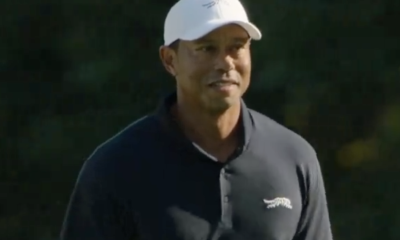
 19th Hole2 weeks ago
19th Hole2 weeks agoTiger Woods arrives at 2024 Masters equipped with a putter that may surprise you
-

 19th Hole3 days ago
19th Hole3 days ago‘Absolutely crazy’ – Major champ lays into Patrick Cantlay over his decision on final hole of RBC Heritage
-
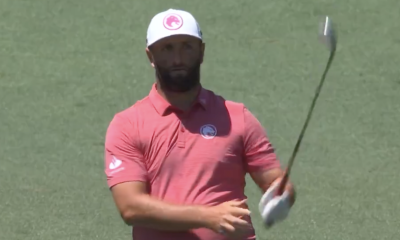
 19th Hole2 weeks ago
19th Hole2 weeks agoTwo star names reportedly blanked Jon Rahm all week at the Masters
-
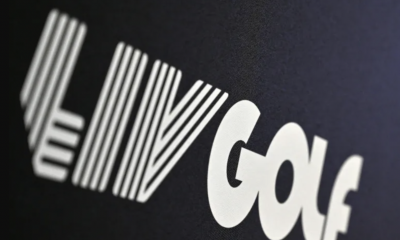
 19th Hole1 week ago
19th Hole1 week agoReport: LIV Golf identifies latest star name they hope to sign to breakaway tour
-

 19th Hole1 week ago
19th Hole1 week agoNeal Shipley presser ends in awkward fashion after reporter claims Tiger handed him note on 8th fairway
-

 19th Hole1 week ago
19th Hole1 week agoBrandel Chamblee has ‘no doubt’ who started the McIlroy/LIV rumor and why



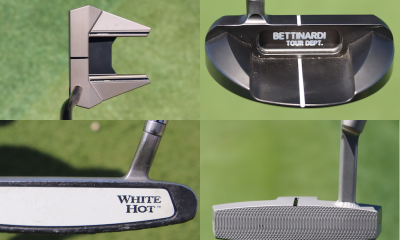



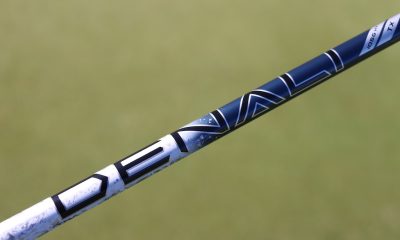

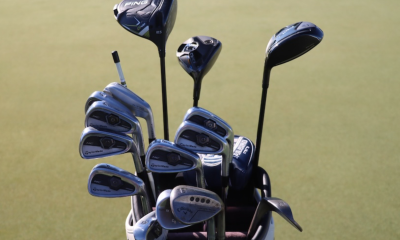










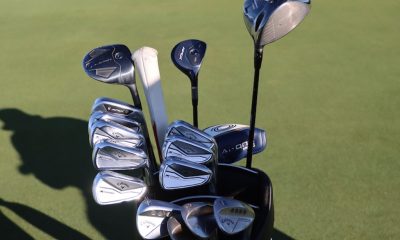

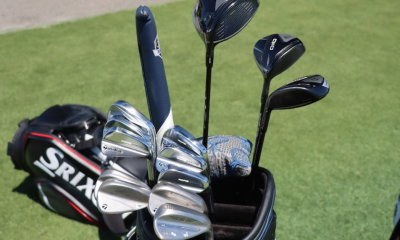



geohogan
Aug 11, 2021 at 8:06 am
Concentrate on your forearms; if you can feel any tenseness in the muscles in your forearms, you are holding on too tightly.
Finger muscles are the muscles located in the forearms, so of course tension in forearm muscles means fingers are holding tightly.
Chuck
Aug 9, 2021 at 12:24 pm
Terry I see that the photo image is of the Ninth Hole at Heritage Golf Club in Hilliard, Ohio. Do you have any connection there?
Jeff
Jul 17, 2021 at 11:24 pm
Bob Vokey,Roger Cleveland, Mike Taylor are the “wedge guy.” They have made and sold more wedges the TK.
Karsten Solheim
Jul 19, 2021 at 1:14 am
Because they copied ancient designs, nicked ’em with a grinder, stamped their name on them and called them their own.
Jeff
Jul 17, 2021 at 11:20 pm
Bob Vokey, Roger Cleveland,and Mike Taylor are the “wedge guy.” They have made and sold more wedges over years than TK!!
RAY
Jul 31, 2021 at 2:40 pm
More of the usual un-informed rubbish.
Paul Runyan
Jul 16, 2021 at 7:43 pm
Good article!
I would also mention that alignment is very important. If you are open to the target line by say 5 degrees, then you have to open the wedge 5 degrees.
I see a lot of players hitting a lob or sand wedge and flipping their hands adding loft and of course bounce. Ouch!
You might want to explain the rule of 11 that was used at one time instead of using a high lofted wedge that will usually be short or thinned.
Nothing wrong with chocking down on a wedge. I think Lampkin makes a longer grip for this exact purpose.
Paul
John
Jul 31, 2021 at 2:42 pm
Incorrect on a couple of points:
1. You do not “HAVE” top open the face just because you “Open” the shoulders or hips or feet.
That’s nothing but personal preference.
2. Its the Rule of ’12” not “11”